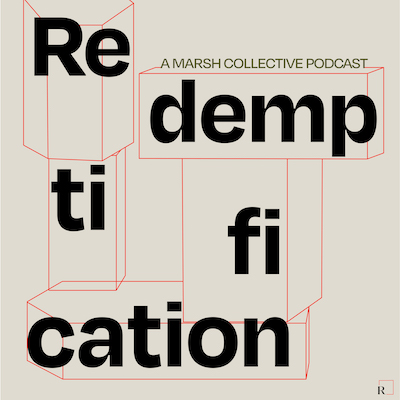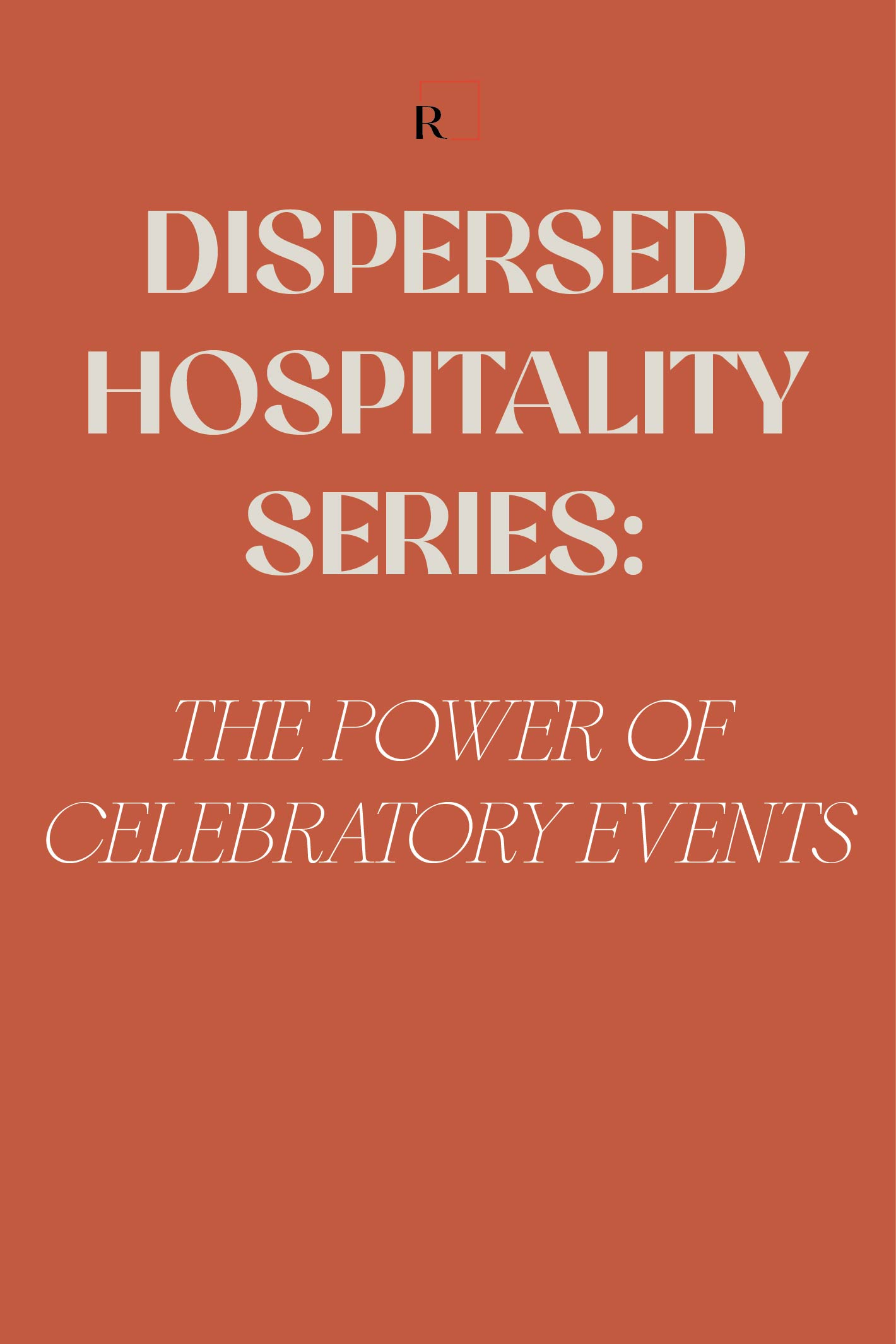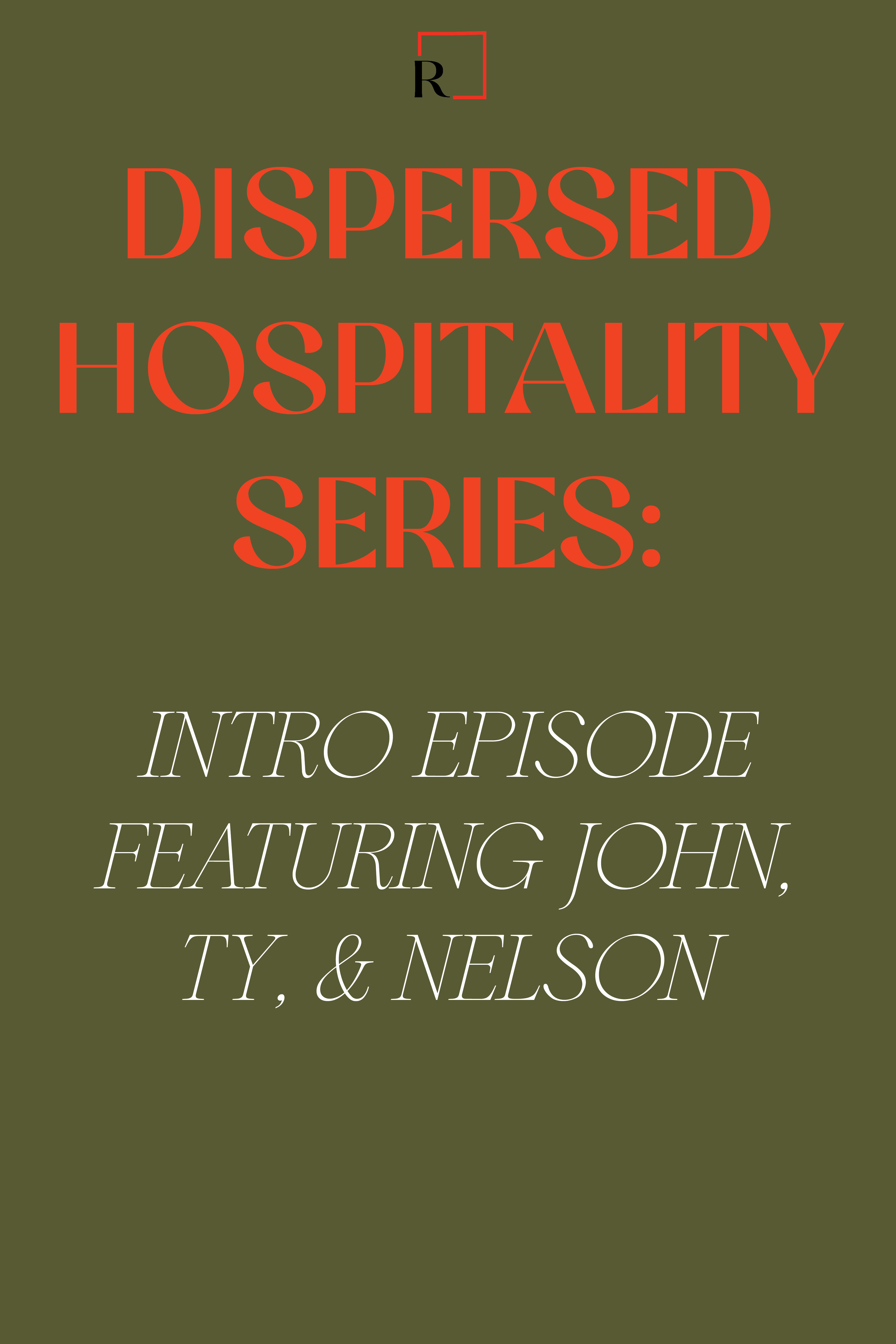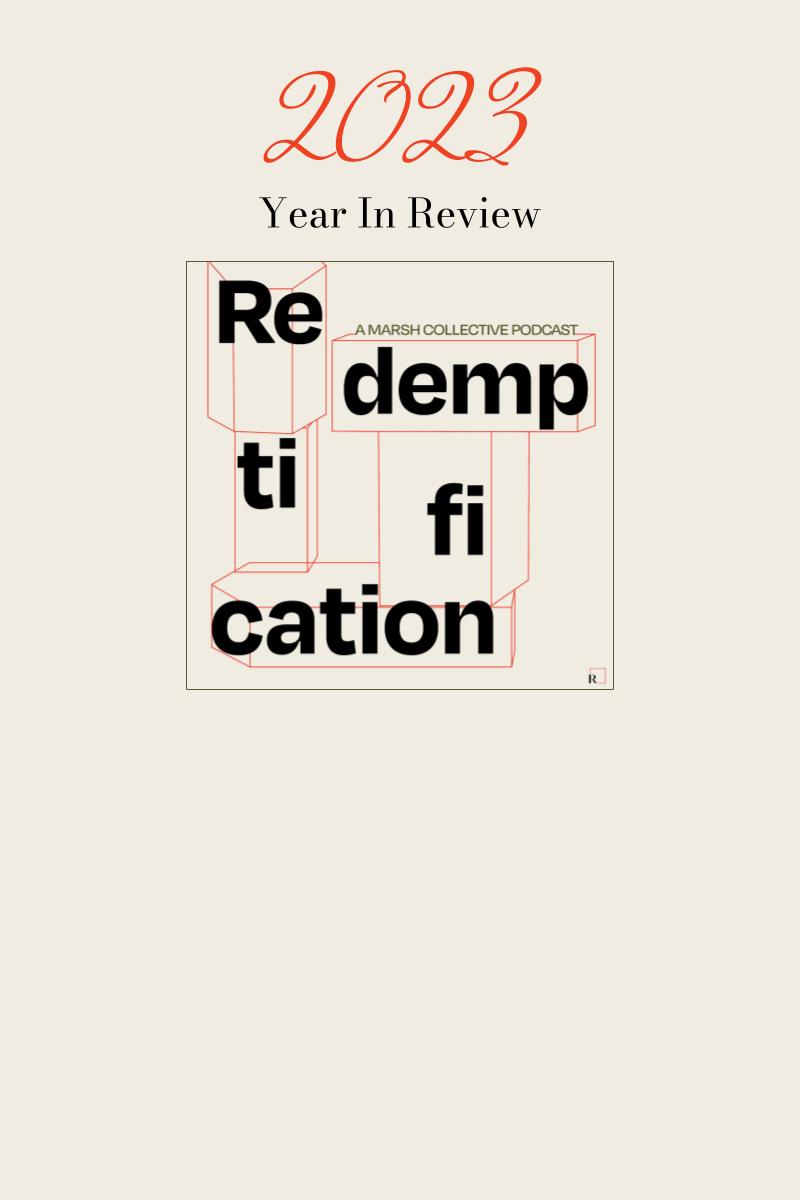Unveiling Purpose, Embracing Failure, and Impacting Lives with special guest Chris Meroff
Welcome to “The Redemptification Podcast.” I’m your host, John Marsh, and today’s episode features the remarkable Chris Meroff—a man driven by faith, purpose, and an unwavering commitment to making a difference.
Chris’s daily excitement centers around unlocking God’s plan, viewing opportunities as doors to be opened, kicked down, or jumped through. Failure, he believes, is a crucial part of the journey, leading not to regret but to lifelong friendships and invaluable lessons.
As the founder of a venture capital fund focused on commerce for the kingdom, Chris shares his mission of creating economic development in impoverished areas. The narrative unfolds with discussions about the purpose behind abundance, daily conscious decisions to earn it, and the pruning of ventures misaligned with the greater mission.
Chris challenges conventional beliefs about education and employment, advocating for the trades as a path to success. His efforts include inspiring high school students to join a journey offering more than just a career—a reflection of character and values.
The conversation explores leadership principles, emphasizing alignment within organizations and the transformative power of empathy and vulnerability. Chris’s philosophy of intentionally trading greatness for the benefit of others goes beyond traditional notions of success.
Join us as we navigate topics of work-life integration, power dynamics in leadership, and the profound impact of influence. Chris’s journey is not just personal but a testament to redemptification when one’s purpose aligns with a higher calling.
Insights & Inspirations
- Chris Meroff (01:28): And so it’s exciting each and every day to figure out what God has for me next. And so I would just say that the story really revolves around understanding what doors of opportunity look like, and then I think being brave enough to open, kick down or jump through those doors depending on what’s in front of you.
- Chris Meroff (03:25): But there has to be losers in order for the winners to feel right. And so I’ve just really embraced this idea of failing fast and following my instincts as it relates to people and opportunity. And so even when the economics don’t work out, in some of those instances, I’ve created lifelong friends. I’ve learned along the way. They’ve never been something that I’ve looked back on and thought, man, I regret that I did that.
- John Marsh (05:06): imagine if you ask different questions every time to different people. You can’t borrow the perspective on that one thing, but asking the same questions of lots of people, you borrow their glasses.
- Chris Meroff (05:43): I walk around saying all the time is actually from Tom Peters. I’m not sure where he got it, but it’s this, I reward excellent failures and punish mediocre success.
- John Marsh (08:15): Your not to-do list ought to grow great through the failures. And that’s really the valuable thing we have.
- Chris Meroff (09:09): John Maxwell says it. Well, he’s like, this kid came up to him at a conference that said, Hey John, I want to do what you do. And John goes, well, you have to be willing to do what I did in order to get here.
- Chris Meroff (11:39): And so we’ve created a venture capital fund that’s really focused on commerce for the kingdom. And so for us, we want to create economic development in areas that are more depressed, have a lot more poverty so that we cannot gain personal wealth, but instead we get to represent his kingdom to this community. And so that really kind of forms for us our more the other businesses that we have have to support that mission. And so if they detract from that mission, we have to prune them so that we can pour all that growth and energy into the fruit that we want to bear.
- Chris Meroff (14:46): And so we ask ourselves all the time, well, why would He give us abundance? And so I think what He’s done is He’s really allowed for Sue and I, my wife and I, to think through, okay, well this abundance is here for a reason. And what He’s, I think continually communicating to us is what are you going to do now each and every day to earn that? So it’s not what I’ve done to earn it. It’s what will I continue to do.
- Chris Meroff (18:09): it’s opened up opportunities to expand what that construction company does, really looking at getting into all the trades. And so that’s led us into this decision now to say, okay, well, we want to work with the local high schools there to encourage a lot more kids to get into the trades. And so we’re now recruiting directly out of high school, these kids smart to join us on this journey because we know that they’re going to have access to something they’ll never get at college, which is hopefully a reflection of who Jesus is and not just in the work itself, but in how we show up each and every day.
- John Marsh (20:06): my dad told me this as an old man. He said, son, one day a trade, it’s going to be like a college education. And he said, a college education’s going to be like a trade.
- Chris Meroff (21:06): 65% of the jobs that are open right now in the United States are in the trades, and yet we’re still graduating kids and telling them they only need to go to college. So 95% of the kids are going to college to fill 35% of the jobs that are open. The math just doesn’t work.
- John Marsh (27:57): How do we help people feel more valued in what they’re doing?
- Chris Meroff (28:02): I think two things that I spend most of my time on and talking about training other entrepreneurs and CEOs, one would be alignment. And so in any organization, it’s so important to fight for alignment. And so this concept that we can agree to disagree, but we can also get on the same page and head in the same direction together is so, so critical. Because what happens with most employees is that they have this uncertainty that exists. And we all know that when you’re uncertain, we tend to go to our own corner
- Chris Meroff (30:02): if everybody knew what to do and when to do it, you wouldn’t need leaders. But what you need leaders for is to help cultivate this vision so that they know when to do it. They know how to do it. They know when they deliver it. You get to celebrate together.
- Chris Meroff (30:26): And then the other one is for me, this idea of really letting empathy and vulnerability allow your people to feel like they’re known, heard, and valued. And when somebody feels known, heard, and valued, what you’re really having to do as a leader is every day when you walk into work, and I have to make this conscious decision still every single day, every meeting, every conversation I have to walk into a room and intentionally trade my greatness for theirs.
- Chris Meroff (31:13): And so we talk about this greatness. It really is the idea that we are created in his image and his image is in his character. It’s in the soft skills of life. Things like kindness and compassion and loyalty and patience
- Chris Meroff (32:04): There’s this notion that goes around, and we’ve heard it a lot, but this work-life balance. But I love how Simon Sinek says, unfortunately that can’t exist because that means that those two forces have to be opposing. You can’t balance things that don’t oppose. And so those things are not opposing work is a part of life. So it’s more about work-life integration.
- Chris Meroff (34:33): They’re walking away doing stuff because I was spitballing in a meeting. And they’re like, I ran out and I did that thing for you, man. And I’m like, what are you doing? The pinging pong of emotions that I create because I just was unaware of the power that I was building. It really causes a lot of havoc. And so that’s one of the things that we talk to leaders about. You’ve got to understand the power dynamic in any scenario, honor it by trading it for their greatness. And it has to be intentional. That does not happen. I don’t accidentally walk through the halls of the office here and trade that away. I’ve got to think about every single human being I’m going to interact with.
- John Marsh (37:50): maybe that’s the question we ask as we go in today. What’s one great thing I can see about everybody I’m going to see or something, it’s all around us, right?
- Chris Meroff (40:37): But over the last eight years, God has really worked at me to say, okay, well you then are always the glass ceiling in any organization that you’re a part of, and people have a harder time finding me when you’re taking all the glory. And so it really kind of launched me into this mentality of trying to become unnecessary every single day. And the way that we become, I become unnecessary is again, the lifting up of the other people around me
- Chris Meroff (42:11): I was like, I can’t make more time. And so it’s okay that I’m impatient. It’s okay that I’m running a thousand miles an hour and people just have to get over this professional whiplash that constantly is happening, pinging ponging around. But through this process of alignment and through this process of really becoming vulnerable and living out empathy, He allowed me, we figured out together how we make more time. And that’s really, again, becoming unnecessary, helping somebody else rise up. And so now there are a bunch of better versions of me running out there, running around, out there, getting stuff done.
- Chris Meroff (45:15): And that really comes back down to this reality of influence and influence is, it’s not what you say to someone, it’s what they do with what you say. So a lot of people think it’s giving advice, but that’s not really influence. Influence is when you give advice, they actually go and do it. That means you have influence as opposed to giving advice or have an opinion.
- John Marsh (53:53): Be vulnerable. But one thing Ash and I have found, we create safety by the level of our vulnerability. Ash and I create a safe space yet to meet anybody more screwed up than us. Most people just go, there’s so much hope for me of people you could make it.
Information & Links
- Connect and learn more about what we do at https://www.marshcollective.com/
- Connect with Marsh Collective on LinkedIn
- Connect with Marsh Collective on Facebook
- Chris Meroff
- DCX Community – website
Closing Questions
What have you read that we should read?
- Chris Meroff (56:12): So I just recently read it. I actually, and so I’m going to go back to the same, well here I’m sitting with Jon in the green room and we’re talking, and then of course his books come up and I had read several of his books, but one of his latest ones, Soundtracks had come out and I hadn’t read it yet. And so I read it, it’s so good. It’s right in line with where I try to spend a lot of my time with the men in my community, which is this area of men’s mental health. And Soundtracks isn’t obviously about necessarily just mental health, but it’s about the things that we lie to ourselves about all the time. And so these soundtracks, these things that we tell ourselves that are just not true, again, going back to what I said before, we rarely see ourselves the way God sees us. And so we tend to fill our mind with things that are untrue. And so this idea that we need to pursue things that are true, I love Soundtracks because it really is a great reminder that we’ve got to fill our mind with things that are authentic, things that are true. And we need to do that with our relationship with God. But then also through authentic communities where people can speak truth into how they see us, how God sees us so that we can remember and have mental health that is really a healthy mental health so that we can be that for those in our community as well.
- Soundtracks: The Surprising Solution to Overthinking by Jon Acuff
- Free to Choose by Milton and Rose Friedman
Who do you know that we should know?
- Chris Meroff (50:59): I just met him in October and got to spend some time with him. In fact, we put on an annual conference here in Austin, and so he was one of our speakers that we invited. And so we were sitting back in the green room just talking, and I think I was supposed to be more out in the audience and listening and engaging. Anyway, just back there captivated. We’re just talking and really sharing all aspects of life with each other. So the guy is Jon Acuff and what a great guy, what a fantastic guy. And in a short amount of time has become a good friend and we enjoy this journey that we’re on together. And I would say outside of speaking and books and all the other cool stuff he does, man, one-on-one with Jon Acuff is pretty spectacular.
- Jon Acuff – website
- Jon Acuff – LinkedIn
- Jon Acuff – Amazon Page
What have you done that we should do?
- Chris Meroff (52:33): I think one of the things that I’ve and continue to strive to do is figure out what prison do I exist in, that I’ve made for myself. And so for me, a prison that I made for myself is this idea of converting all emotion to anger and learning how to live a vulnerable life. And I believe that God instructs us to give each other empathy, mourn with those who mourn. Rejoice with those two rejoice. But what it takes is it takes a human to be vulnerable in order for empathy to exist. And so I just spent way too much of my life closed off, hidden behind this illusion of fine. Good. Okay. So that’s something that I’m having to overcome each and every, but it’s been so fulfilling.




